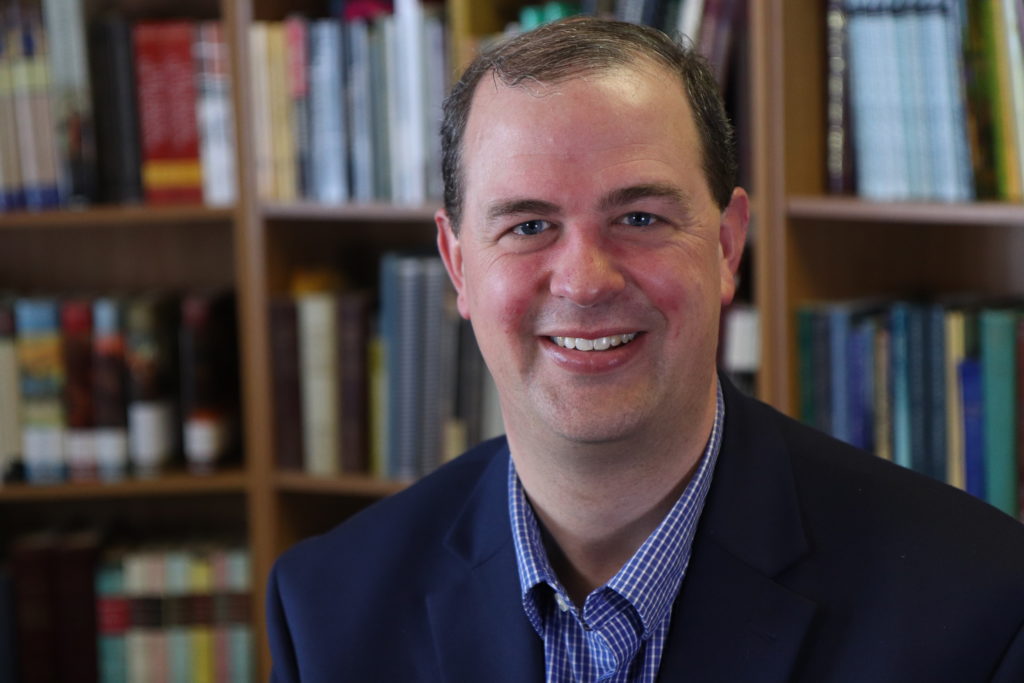In Humanities-based doctoral programs that have language components, before you take the content-based qualifying exams, you must first pass all the language requirements. The languages required and the level of proficiency vary from program to program and depend in part on the significance a language will play in your research area. For my Biblical Studies language requirements I had exams in four languages: Biblical Hebrew, New Testament Greek, German, and French.
The first two languages on this list make obvious sense since the original languages of the written Biblical text are Biblical Hebrew (with some Aramaic) and New Testament Greek (or Koine or common Greek as it is called). Some wonder how the German and French languages have anything to do with Biblical Studies. The reasons that these languages should be mastered at a reading proficiency level, at the very least, is that there is vibrant Biblical scholarship published in French and German. To be well-informed in the field, one must be capable of accessing and understanding the arguments of the other scholars, many who publish, as I said, in French or German. Some Biblical Studies PhD programs also require modern Hebrew since there is significant Biblical research published in that language as well.
I had to demonstrate reading competency in German, French, and Koine Greek by completing a certain number of courses in each of these languages and passing with commendable grades. Additionally for French, I had to find a piece of secondary Biblical scholarship in French, translate the piece into English, and get sign off on my translation and comprehension abilities from a French professor. Since some programs don’t offer many Koine Greek classes, it is often possible to substitute Classical Greek instead which is an older form of Greek and more complex. The reasoning is that if you can do well with a more difficult form of Greek (Classical) you’ll definitely be able to read a lesser form of Greek (New Testament / Koine Greek). An advantage for studying Classical Greek is that most of the great Greek literature is written in Classical Greek and not Koine Greek.
Biblical Hebrew, which was my primary research language, required a special examination. Here is how it worked. On a specified day, I was put in a room with just the Hebrew Bible, a pen and pad of paper, and Hebrew-English Lexicon (a fancy word for a dictionary for dead languages). I was given instructions to translate in two hours as much as I could from a variety of passages in the Bible (Biblical narrative, poetry, and prophecy). I did not know in advance which passages I would be asked to translate. It was only as the exam began that I was informed which passages I would have to translate. And, the Hebrew-English Lexicon was not very useful since it didn’t make sense to take the time to look up words, a time-intensive activity, when a major portion of the assessment was the ability to translate as much as possible as accurately as possible. That is to say, an exam like this favored those who already knew the language. A follow up to the translation portion of the exam included live drills and practice on the grammar of translated passages and the parsing, recognition, and explanation of various Biblical Hebrew verb forms.
Only after the appropriate level of proficiency in each of these languages was attained could I then turn to prepare for the official doctoral qualifying exams in Religious Studies.
In addition to Biblical Hebrew, Greek, French, and German that were the required doctoral languages for my Religious Studies program, I studied a variety of other languages during my college career, some which helped with Biblical Studies, even if they were not required. Other languages that I have studied include:
- Modern Israeli Hebrew
- Biblical Aramaic (a Semitic language related to Hebrew)
- Classical Arabic
- Egyptian Arabic (I even spent a summer living in Cairo, Egypt to improve my Arabic)
- Ugaritic (a Semitic language related to Hebrew)
- Akkadian (a Semitic language related to Hebrew)
- Spanish





